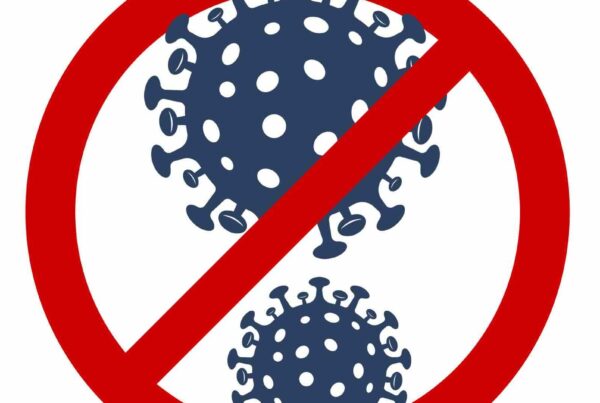In their present industrial dispute, nurses are seeking the right to care for patients properly. The issues that underpinned this industrial action affect all healthcare professionals, not only nurses.
A shortage of experienced and qualified nurses makes it difficult for all healthcare professionals to do their jobs affectively. It also puts patients at greater risk of experiencing unnecessary complications.
Tait, for example, a patient who spends four days receiving specialist medical, nursing and technological care in the intensive care unit. He is then discharged to the general ward where a nurse, probably an inexperienced new graduate, is allocated to care for him and father the patience for the morning shift. In public hospitals, nurses are often given unsafe and unmanageable workloads. Is it surprising that by mid-morning, the patient is lying flat on his back gasping for air with the oxygen mask on his forehead?
The ability of nurses to look after people with significant healthcare needs is a serious concern for all healthcare professionals – doctors, social workers, personal assistance, and psychologists
So why is the nursing profession receiving so little support from other healthcare professionals? Why aren’t we all marching on the streets to Marling safe staffing levels within our public hospitals.?
The silence of all the healthcare professionals during the nurses dispute causes me to reflect on the way the profession interacts with other professions. It also causes me to consider the way healthcare professionals collaborate.
Words such as collaboration and partnerships are popular in health policy speak. These words inspire images of people from a range of professions all working together as equals. But the reality is that collaboration is often much easier said than done.
For a collaboration to be successful, the healthcare system needs to provide support of structures. These may involve things as simple as allocating time to encourage those working within different healthcare professions to talk together.
To collaborate, a group of people with different personalities, perspectives and professional power come together to work on a joint project.
This working together requires people with different professional interests to value each other’s contribution to patient care. This requires, for example, a neurosurgeon who performs life-saving neurosurgery respecting the importance of work done by nurses, physiotherapist, occupational therapist, speech pathologist etc during the rehabilitation process.
Collaborations become difficult when members of a collaborating team have different understandings of what working together means. It is common, for example, for hierarchies to develop – with some members of the group expecting other members to work for them.
This hierarchy within the team is often based on traditional professional roles.
Even well intentioned collaborations may become quite problematic in practice. Take, for example, a collaboration between hospital administrators, Doctors, nurses and consumers.
do you nurses collaborate with consumers in the same way as they collaborate with Doctors? Do Doctors come to the table as equal with both nurses and consumers, or do varying degrees of professional power disrupt the process of collaboration.
The loan industrial action by nurses reflect the reality the different professional groups in healthcare do not always support each other. Clearly there is a range of institutional, professional, historical and personal forces that contribute to this lack of support.
Surely, after years and years of talk, it is now time to develop the mutual respect required to build genuine partnerships within the healthcare system.
Collaboration between healthcare professionals in public hospitals is something we should all be working towards. Who knows? With genuine collaboration, the quality of our healthcare may improve.
For some of us, the traditional professional inequalities may simply cease to matter. Others will continue to sit alone saying what would she know? She’s not a nurse or a doctor or a physiotherapist or a health economist.
First published in The Age in 2001



